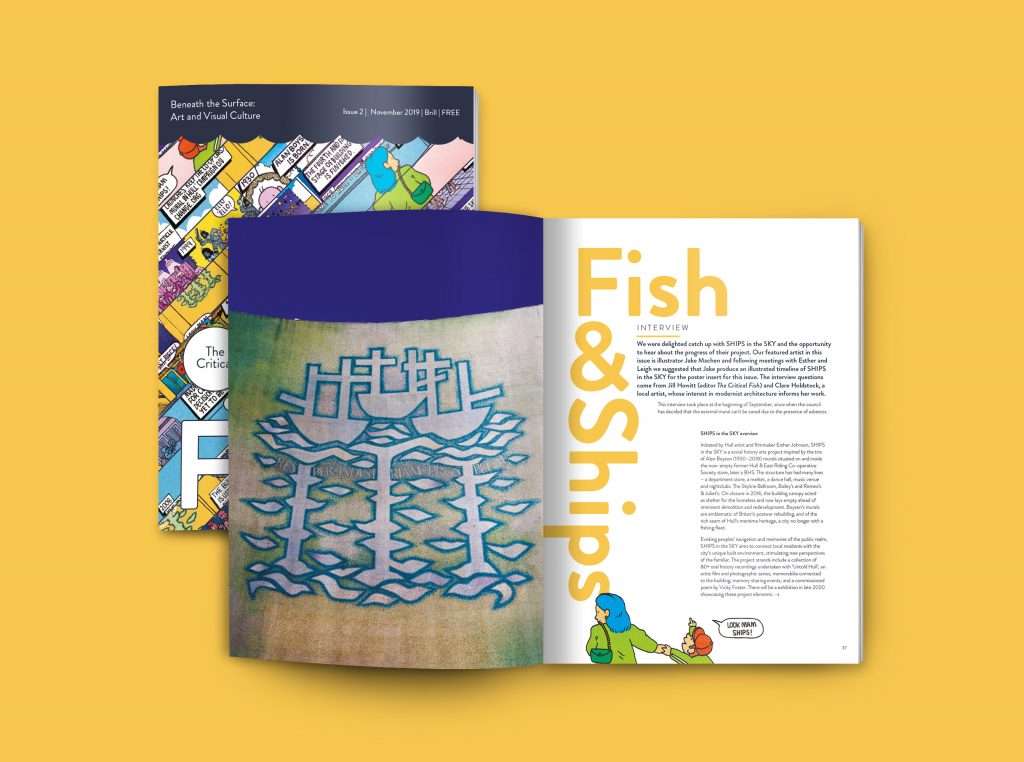Fishbowl Conversations, The Critical Fish
Fishbowl Conversations was part of a series of activities made by local artists and commissioned by Absolutely Cultured in response to an open call out for Creative Hull in 2021.
An inclusive and experimental forum for critical creative thinking and debate, The Critical Fish believes that art – and thinking meaningfully about art – is for everyone. A friendly artist-led project and collective of freelance artists, writers and researchers, they promote critical yet accessible writing about art and visual culture.
When we spend time with art, and take the time to think about it, we tend to appreciate and enjoy it so much more. So why not think a little deeper about the artwork you encounter? Through a series of workshops and guided questions, The Critical Fish asked you to respond to the Creative Hull programme by firing off a quick tweet, emailing a creative response or writing a short essay.
“Excited for the weekend? We deffo are. Why not join us and challenge yourself to think a little deeper about the creative works you encounter? Share your responses with us and participate in a big fishbowl conversation about local art! #HullFishbowl” – The Critical Fish
Open to all, Fishbowl Conversations helped you to approach and critically think about the work in a way that is most meaningful for you and who knows, you might one day see your response in print!
Find out more about this activity organiser
Date
Friday 16 – Sunday 18 July 2021
Location
Online

